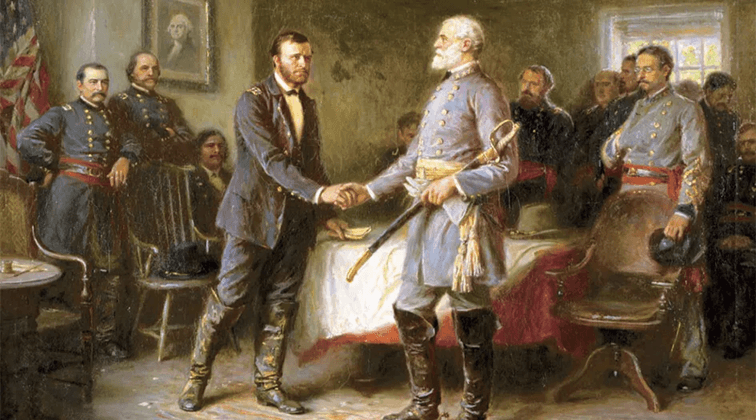Mob Rule and Moral Language

What explains Donald Trump’s appeal, especially among the white working class? The various theories that have been offered – being economically left behind in a globalized, knowledge-based economy; fear of the changing racial and ethnic demographics of this country; contempt for the political paralysis that characterizes Washington these days – all have some validity, but these trends have been in place for the past forty years. Alternate accounts, whether a decline in their social institutions, a collapse of their cultural values or their displacement in power by the upper middle class also ring true but fail to explain the current phenomenon of their support for Trump. Although we have seen their anger manifest itself politically from time to time, such as in 1990s with Pat Buchanan and Ross Perot, what explains their support now?
And it is not just the white working class that have been galvanized in supporting extremist candidates. The overly-educated and unemployed Millennials, and their elders who ape after them in order to seem cool, also have been involved in a self-righteous politics that neither listens, compromises, or solves. The lack of notable successes of movements like Occupy Wall Street, Black Lives Matter, and the Bernie Sanders campaign suggests an undertone of solipsistic empathy and sanctimoniousness smugness that characterizes not only the Left but all of our politics today. The parallels between the white working class and the college-educated Left are striking in that both do not perceive politics as a communal activity to solve problems for the common good but a mode of individual and collective self-expression for its own satisfaction.
What accounts for such a state? Let me suggest that the absence of a common moral language among our citizenry has led not only to political polarization but also has contributed to the rise of extremist candidates and causes. For how can those who believe that politics is listening and compromise push back against the misogynistic and racist comments of Donald Trump if a shared moral language no longer exists? Or embarrass someone like Hillary Clinton whose corruption in paid speeches, campaign donations, and husband’s foundations knows no bounds? How can you shame anyone when it is just a matter of perspective?
The attempted replacement of a common moral language with the jargon of political correctness, human rights, and diversity has failed, as evident with both Trump and Clinton securing the nominations of their respective parties for president. The white working class resents having their values and lifestyle ridiculed at best and labeled “____ist” at worst; the college-educated Left lack the empathy to understand how anyone could not be for human rights or diversity when they conveniently yet inconsistently define it. Our elites – other than the media which entertains and emotes rather than informs and reports – also lack the linguistic and moral resources to counter the comments made by Trump. When he makes remarks that are racist or bigoted, it only reinforces the resentment of the white working class of having political correctness imposed upon them. Instead of inviting them into the national conversation, and thereby opening them up to persuasion to push back against Trump, our elites only solidify their support for him.
Now there is debate whether a shared moral language ever existed, what it was, and what were the causes that led its decline. For evidence of its existence, I would point to the absence of extremist candidates since World War II until now. As far what it looked like, it is certainly open to discussion but I think a good starting point is Samuel Huntington’s definition of the American Creed in his last book, Who Are We? Here Huntington claims that our national identity, which informs our shared moral language, was our Anglo-Protestant heritage and the values of egalitarianism, liberty, self-reliance, free markets, and limited government. With regards to its decline, it remains a mystery, although globalization, changing demographics, class rigidity, and a drop in social capital all play a role. In fact, one could say this is the question that confronts liberal democracies today: can there be a moral consensus other than the thin liberalism of our regimes today; and if not, do we not deserve the Donald Trumps, the Marine Le Pens, the Shinzō Abes of our day?
The search for dignity among the white working class resides in the hand rather than the word and in the nation instead of the world. Dignity provides a moral worth and compass to the person, the family, and the community where they can speak a shared language about what is right and wrong. It is the opposite of honor, which recently is revisited by J.D. Vance’s Hillbilly Elegy, for honor seeks glory rather than virtue and promotes tribalism over politics. The problem confronting the white working class is that what provided dignity has disappeared: globalization has offshored their livelihood elsewhere and demoted the nation for cosmopolitanism. Our elites, whether conservative and liberal, have supported this. But what they have forgotten is that a class without recourse to dignity and a nation without a moral language is nothing more than a mob.




